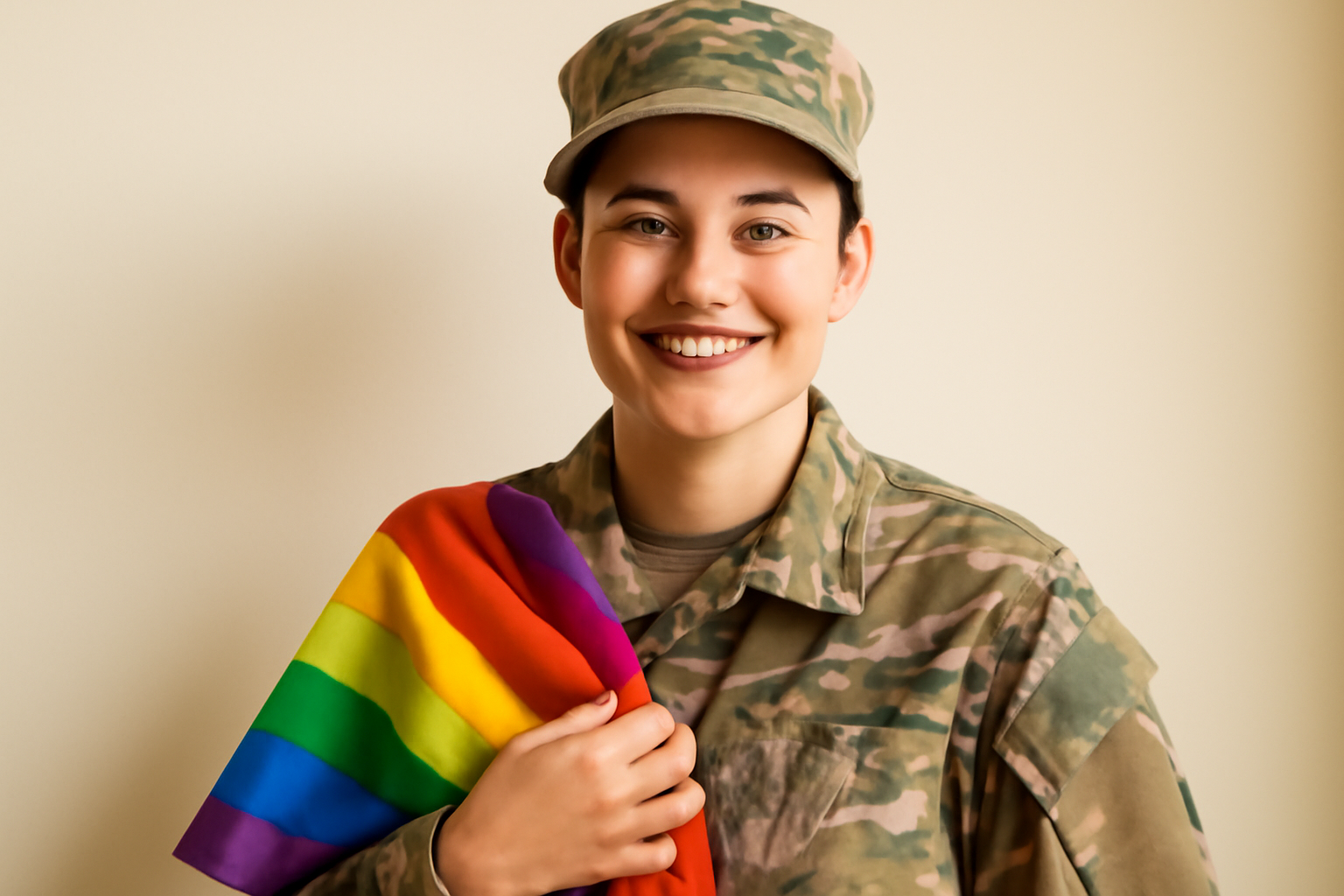
Inclusive Military Culture: A Vision for Change
The conversation around inclusion and diversity within the military has been ongoing, with various leaders and voices advocating for different paths forward. In recent years, the debate has intensified, particularly concerning the role and representation of LGBTQ+ individuals within the armed forces. This article explores the importance of creating an inclusive military environment and the benefits it brings not only to LGBTQ+ service members but to the military as a whole.
The military is often seen as a reflection of society, and as such, it should embody the values of equality and inclusivity. Historically, however, many marginalized groups, including LGBTQ+ individuals, have faced significant challenges in serving openly and with dignity. Policies such as "Don't Ask, Don't Tell" once barred service members from disclosing their sexual orientation, forcing many to serve in silence. Although this policy was repealed in 2011, the journey towards full acceptance and equality is far from over.
Creating an inclusive military is not just a matter of fairness—it also enhances operational effectiveness. Diverse teams bring a range of perspectives and problem-solving approaches, which are invaluable in complex and high-pressure situations. Inclusion fosters a sense of belonging and morale, leading to greater commitment and performance from all service members.
Research has consistently shown that when people can be themselves without fear of discrimination, their productivity and overall well-being improve. This principle is no different in the military context. LGBTQ+ service members who feel accepted and valued are more likely to contribute fully to their units, thereby enhancing the overall effectiveness of the military.
Despite the progress made, challenges remain. Recent discussions have highlighted tensions between traditional views and progressive policies aimed at fostering inclusivity. Some voices argue for a return to exclusionary practices, citing concerns over unit cohesion and traditional military values. However, these arguments often overlook the evidence supporting diversity as a strength rather than a weakness.
It is crucial for military leaders to actively champion diversity and inclusion. This involves more than just implementing policies—it requires a cultural shift that embraces all individuals, regardless of their background. Training and education programs can help to address biases and promote understanding across all ranks.
Moreover, visibility matters. Having openly LGBTQ+ individuals in leadership roles sends a powerful message about acceptance and progress. It shows younger service members that they can aspire to reach the highest ranks without hiding who they are.
The military's commitment to inclusion should also extend to supporting families of LGBTQ+ personnel. Recognizing diverse family structures and providing equal benefits and support is essential to creating a truly inclusive environment.
Internationally, many allied nations have successfully integrated LGBTQ+ individuals into their armed forces, demonstrating that inclusive policies strengthen rather than weaken military capabilities. Lessons can be drawn from these examples to further enhance the inclusivity of our own forces.
In conclusion, moving towards a more inclusive military is not just a moral imperative but a strategic one. By embracing diversity, the military can attract and retain the best talent, improve unit cohesion, and enhance overall effectiveness. It is time to look forward, building a military that truly reflects and respects the diverse society it serves.
The journey towards an inclusive military culture is ongoing, and it requires the commitment of everyone involved—from senior leaders to new recruits. By working together, we can create an environment where all service members are valued, respected, and able to serve with pride.
Related Posts
Pride Month in Latin America: Protests and Demands for Equality
**Celebrating Pride and advocating LGBTQ+ rights in Latin America** Pride Month in Latin America was a lively mix where celebration met activism. Communities united, not just throwing a party but making a stand—demanding equality and pushing governments toward better protection and rights recognition. Throughout Latin America, pride events erupted in marches and cultural displays, each with a c [...]
Transgender Erasure Actions Implemented by National Park Service
```html Trump administration's impact on national park service and transgender recognition The Trump administration made notable moves in undermining transgender representation, which included directing agencies like National Park Service not include "T" and "Q" when they refered “LGBTQ” in any official communication. This move seems part a broader plan by this administration aimed at reducin [...]
Drag Night Extravaganza: Daddies & Baddies at Atlantic City's Anchor Rock Club
Atlantic City, NJ, isn't just about its casinos and boardwalk—it's a hub bursting with energy and entertainment. One event that truly captures this spirit? The "Daddies & Baddies" drag night at Anchor Rock Club. This vibrant night celebrates amateur drag in all its glory, offering a kaleidoscope display where creativity and community unite. If you're looking where inclusivity and creativity take [...]